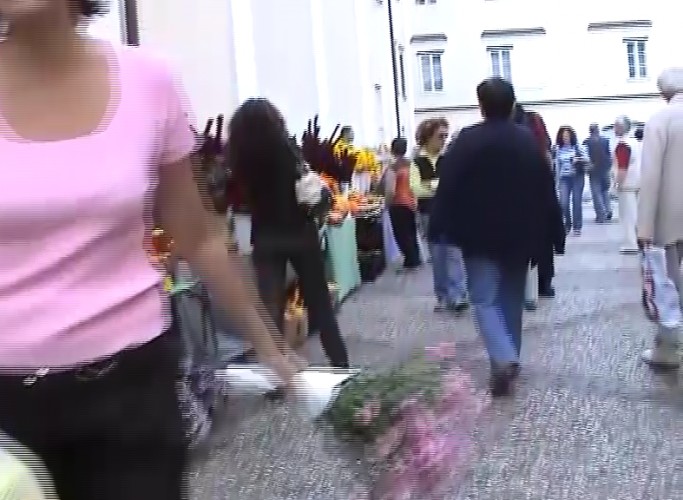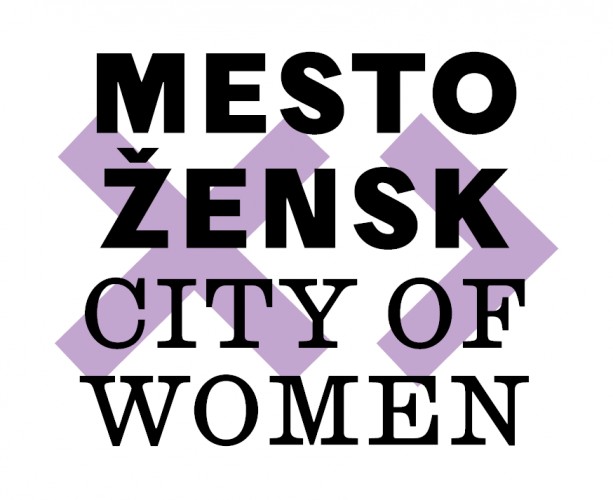Traditional medicine encompasses a variety of healing skills that uses popular remedies, medicinal herbs, magic spells, conjurations and other witchcraft; such may be used against various conditions and ailments, the negative influence of weather, evil spirits, women's problems and many other things. During the era of the Counter-Reformation – a period which significantly affected this part of Europe for centuries to come – 'wise women' with healing skills were considered witches, and thus persecuted and burnt. Another hard blow to traditional medicine was the establishment of clinical medicine, but despite the unfavourable circumstances, some of our grandmother's healing heritage has nevertheless survived.
Traditional female healers have paid particular attention to the woman's body, and some assume that this is what the clerical authorities most held against them – for example these women knew how to deal with unwanted pregnancies. During a age when women's fertility and sexuality became evermore taboo, female healers researched the effects of various herbs, the moon's cycle, weather and the like on the menstrual cycle, sexual drive, fertility and pregnancy, delivery, menopause, frigidity, and suchlike.
In addition to the biological implications, women's fertility had – and still has – also a cultural significance. Reproductive capacity can be used as a weapon, or it can prove a yoke. In the event that a woman does not or cannot meet her – according to some – “natural” role as a mother, she is labelled as a futile and unfulfilled individual. Women healers – herein we shall respectfully refer to them as witches – refused the established social order that incorporated the aforementioned fear and hatred of those women who failed to fulfil the reproductive standards. From herbs, trees, fruits, sap, metals and animal extracts witches prepared love potions, aborted foetuses, conjured up lovers, and made unborn children stronger. They inherited their skills from the cult of the mother goddess, the lunar principle which is the origin of the mystery, and orgiastic characteristics of women's witchcraft.
Traditional medicine never merely served its own purpose, its secrets were passed down from generation to generation, while adaptation and adjustment to new requirements and disease was ongoing; and despite the great efforts made to eliminate and sideline it, traditional medicine survived into the modern era. The heritage of such medicine – and the affording of due respect towards it – is indicative of society's attitude not only to the individual, but also of its own development.
Let us pay homage to these ‘wise women’ who enlightened other women and encouraged them to express their powers! Let's get to know a part of their wisdom! At the stand in Ljubljana's marketplace woman herbalist Metka Maček was offering herbal blends which help relieve a great many problems: menstrual disorders, infertility or unwanted pregnancy, sagging breasts, lactation problems, menopause, insomnia, fever, teeth problems, lovers’ issues and sexual inhibition...


